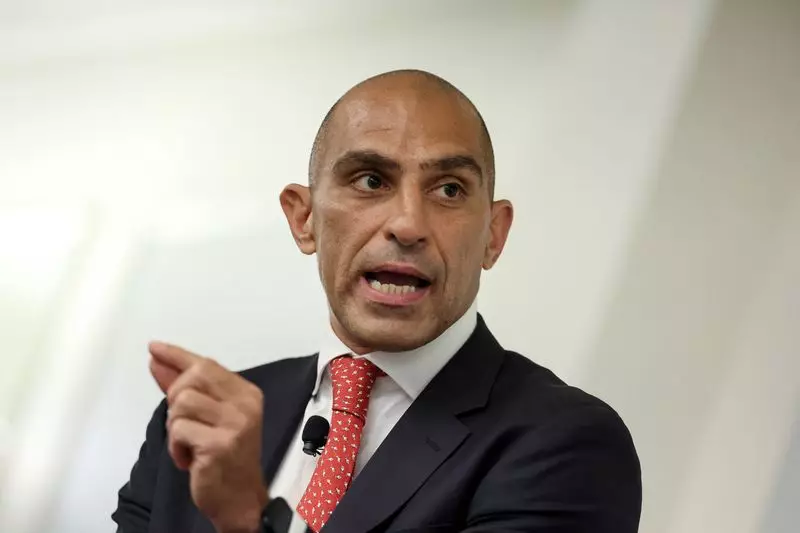The landscape of cryptocurrency regulation in the United States is set to undergo significant changes with the impending resignation of Rostin Behnam, the current chair of the Commodity Futures Trading Commission (CFTC). As President-elect Donald Trump’s administration prepares to take office, the shift in leadership signals a potential transformation in how the government approaches cryptocurrency oversight. This article delves into the implications of this transition, the expected changes within the CFTC, and the future of crypto regulations in the U.S.
Rostin Behnam’s announcement to step down has raised questions about the trajectory of the CFTC under new leadership. Behnam, who has served as a Democratic commissioner since 2017 and was appointed chair in 2021, has generally embraced a more lenient stance towards the cryptocurrency sector compared to his counterpart at the Securities and Exchange Commission (SEC), Gary Gensler. This transition is pivotal as the CFTC is expected to play an increasingly influential role in setting the regulatory tone for digital assets.
The prospect of Trump appointing a new chair opens the door for a more aggressive regulatory environment, especially given Trump’s inclination toward more crypto-friendly policies. The potential candidates for the interim chair position, including Republican commissioners Summer Mersinger and Caroline Pham, suggest that the CFTC may lean further into adopting policies that encourage growth and innovation in the cryptocurrency market. However, the new direction will depend significantly on who is ultimately confirmed as the permanent chair, which requires Senate approval.
Under Behnam, the CFTC took a cautious approach while still initiating lawsuits against notable players in the crypto sphere, underscoring that the regulatory framework for this rapidly evolving industry remains inadequate. For example, the commission targeted high-profile entities like the now-defunct FTX exchange, which dramatically collapsed in 2022, alongside Binance, the largest crypto exchange globally. This indicates a transitional phase in regulatory attitudes, with Behnam acknowledging the necessity for more comprehensive regulations surrounding digital assets.
Trump’s anticipated appointment of Paul Atkins as the new SEC chair may further crystallize this shift. Atkins, known for his pro-crypto stance, could align with the CFTC’s changing policies, creating a unified front between the two regulatory bodies. Collectively, they may push for more favorable conditions for cryptocurrency businesses, thereby invigorating innovation and investment in the digital asset space.
One of Behnam’s primary concerns has been the significant regulatory gaps within the digital asset space in the U.S. His pleas for a more robust framework illustrate the need for a balanced approach that safeguards investors while fostering innovation. He pointed out that the absence of regulation in substantial segments of the cryptocurrency market poses both legal ambiguities and potential risks for consumers.
This sentiment was echoed during his tenure when the CFTC challenged Kalshi, a market platform seeking to use derivatives for betting on political events. The subsequent court ruling in favor of Kalshi has raised critical discussions about the legality of betting on public events. As such, Behnam stressed the importance of delineating legal boundaries within these burgeoning markets, stating that “the line is going to be very blurred” regarding legality as technology advances.
As the U.S. government embarks on this new chapter of leadership within the CFTC, the changes in regulatory approaches will be crucial for shaping the future of cryptocurrency in America. The incoming administration’s commitment to a more crypto-friendly environment could stimulate the industry, but it also raises concerns regarding regulatory clarity and consumer protection.
Monitoring the developments in the CFTC’s leadership and subsequent policies will be essential for stakeholders invested in the cryptocurrency market. As compliance demands evolve and new regulations materialize, the effective navigation of this regulatory landscape will be vital for companies operating within this domain. Overall, the foreseeable future of cryptocurrency regulation in the U.S. holds both great potential and considerable challenges that will require deft handling from the incoming leadership.

